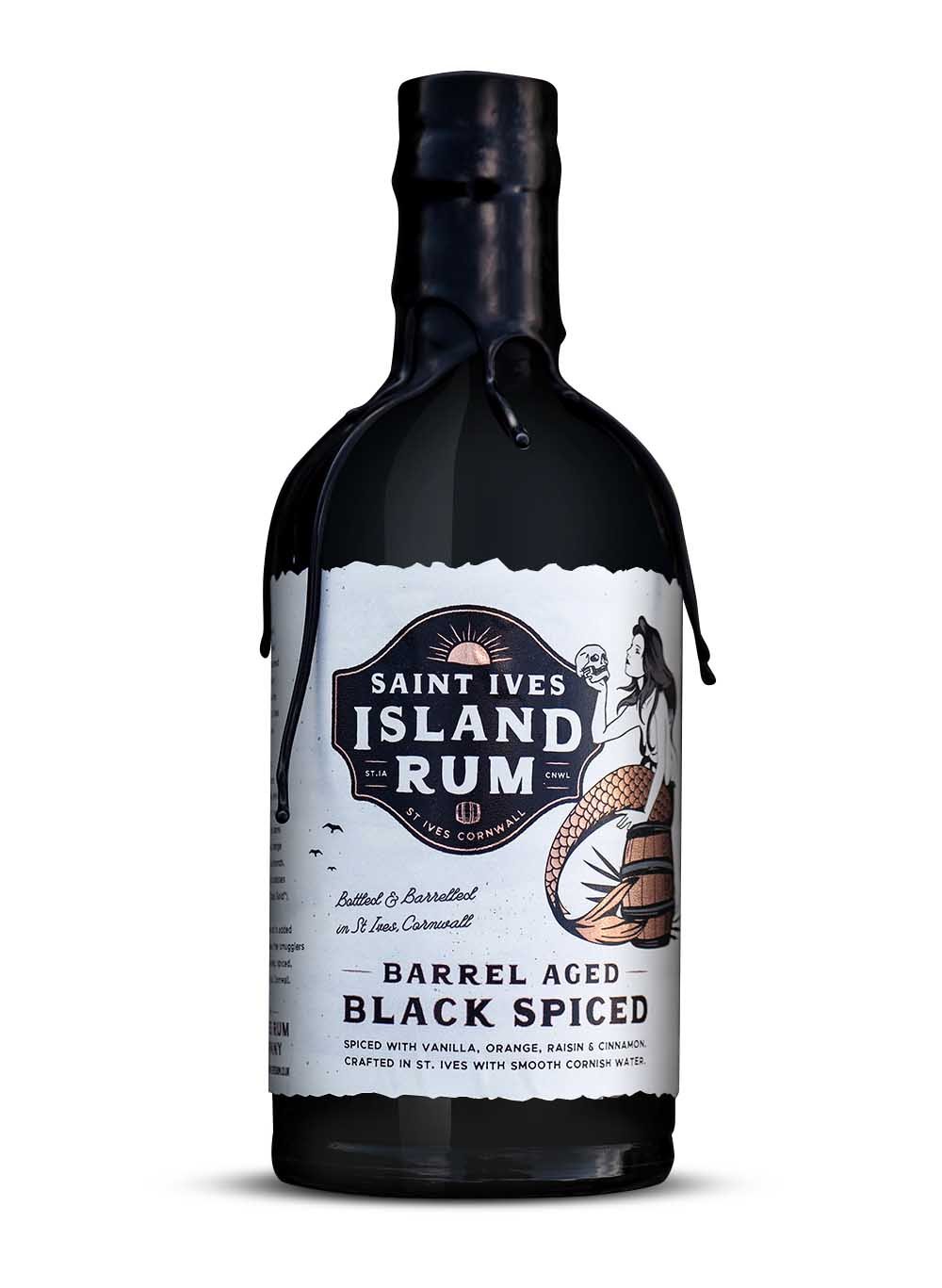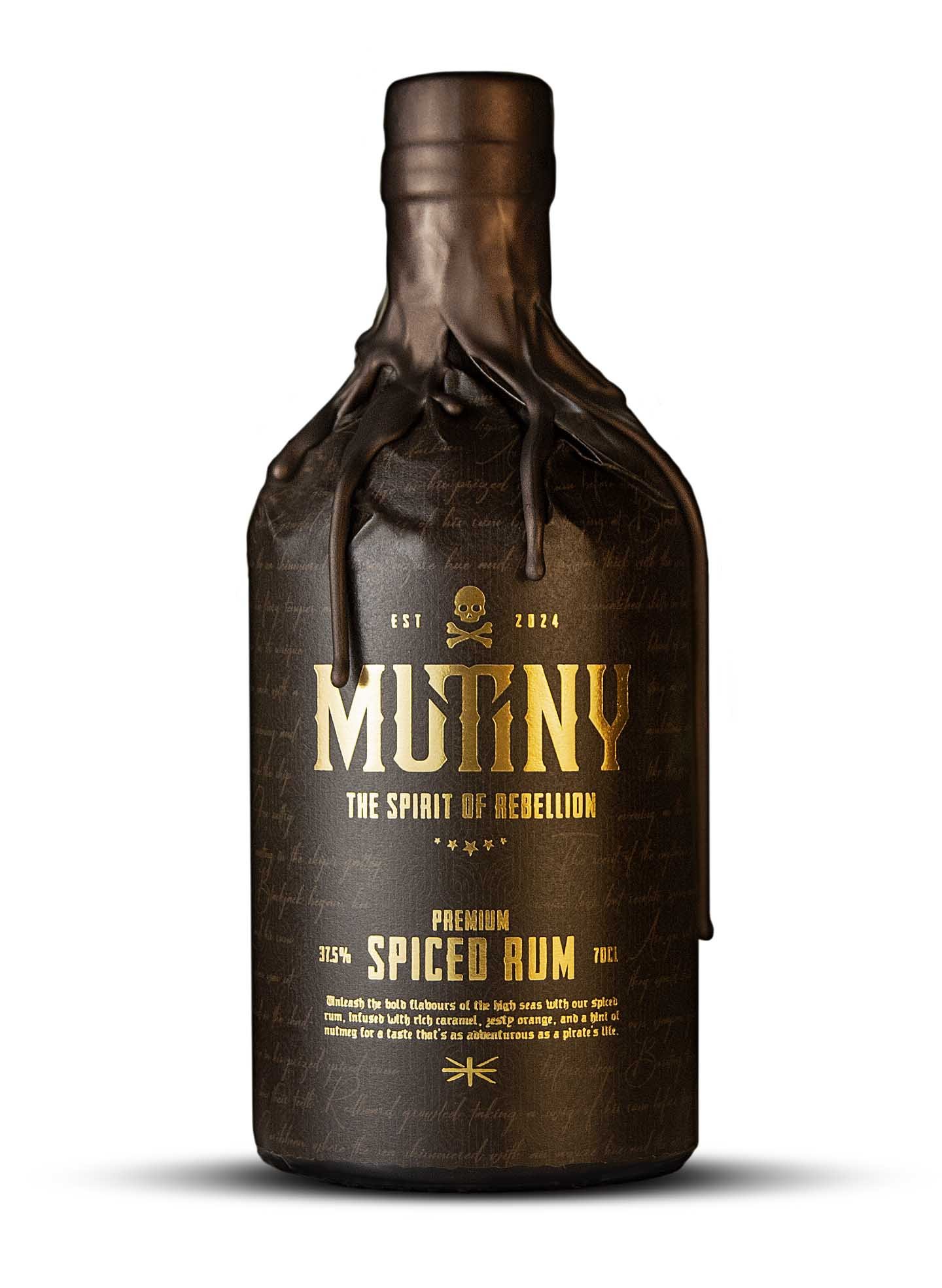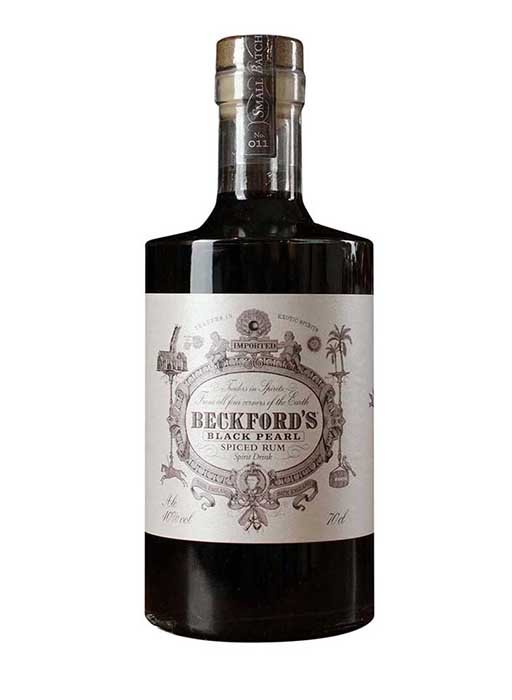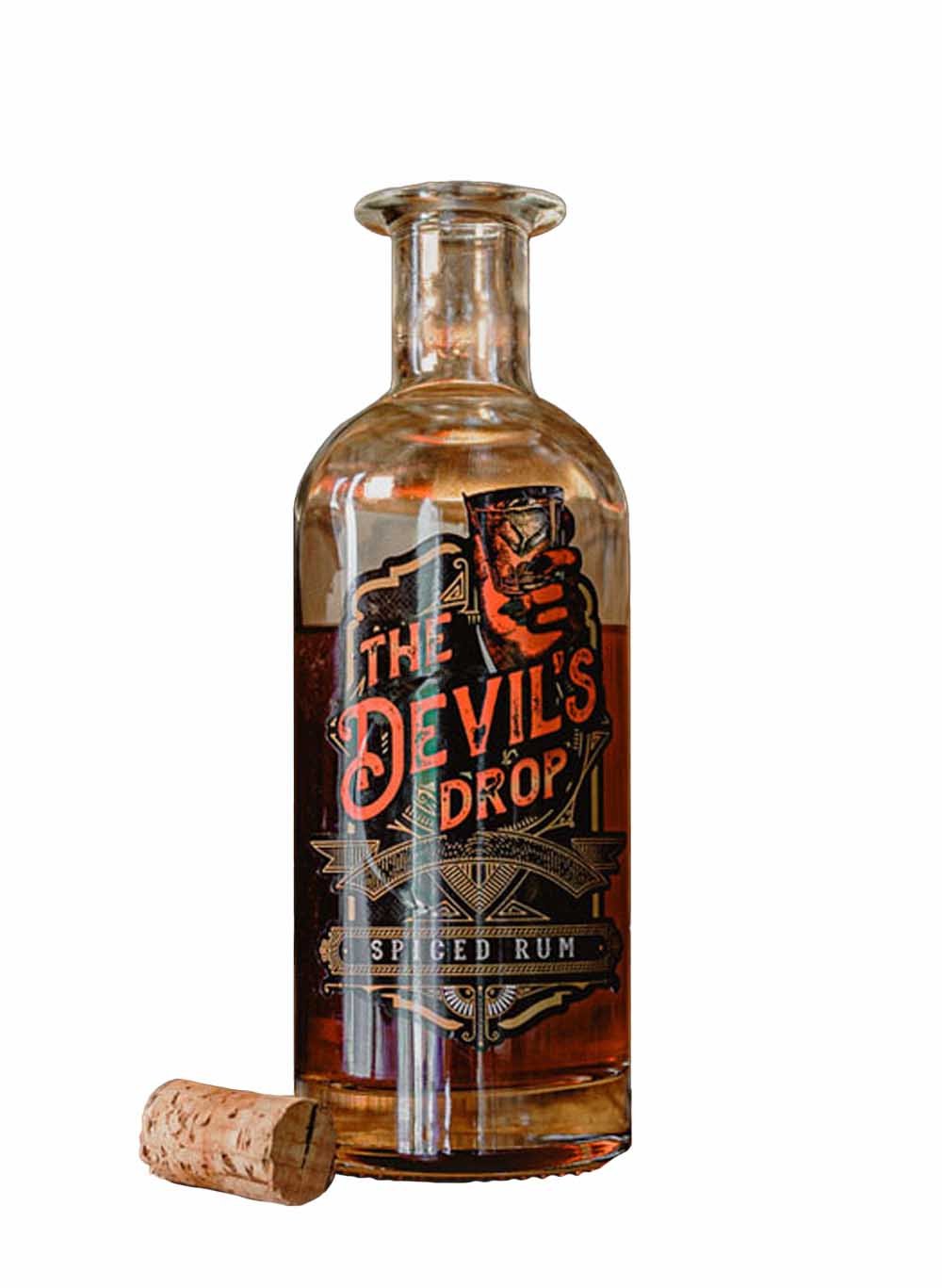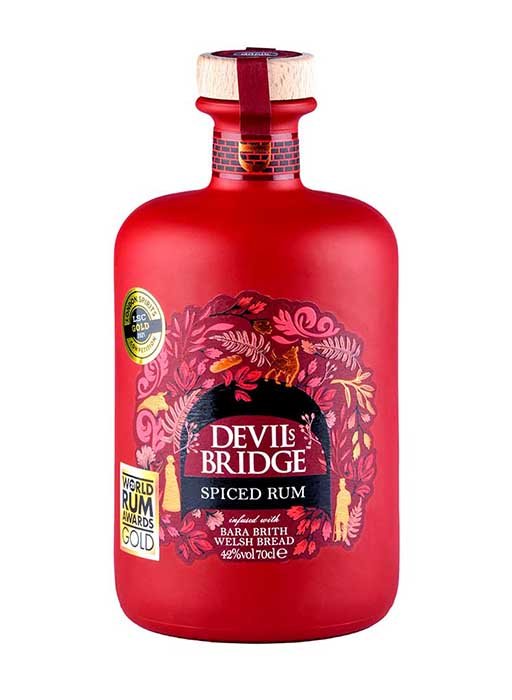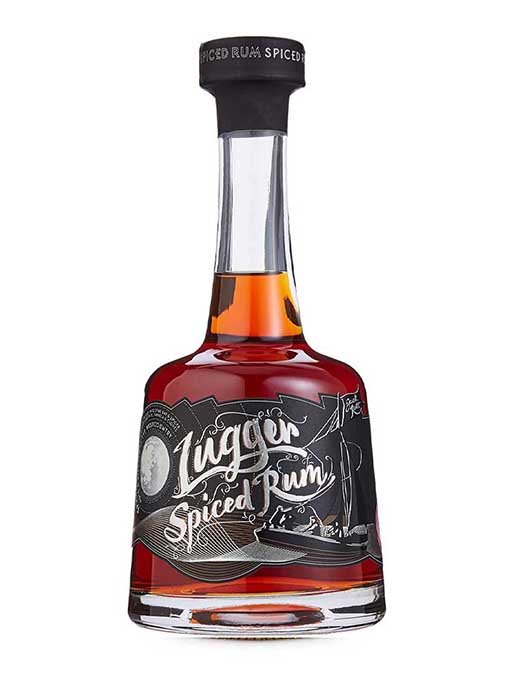Rum vs. Whiskey: What's the Difference
In the world of spirits, understanding the nuances and distinctions among various liquor types is an essential part of your journey into the realm of mixology and sipping pleasures. If you're new to the spirits game or simply seeking a comprehensive rum and whiskey comparison, welcome to Spirits 101. This guide will demystify the differences between rum and whiskey, two of the most cherished and storied liquor types on the planet.
The World of Liquor Types
Before we dive into the rum and whiskey comparison, let's take a moment to understand the broader categories of liquor types. Spirits can be broadly categorised into several categories, each with its unique characteristics:
Brandy
This spirit is typically made from distilled wine and is known for its complex and fruity flavours.
Vodka
Vodka is known for its neutral taste, making it a popular choice for cocktails. It's often made from grains, potatoes, or even grapes.
Tequila
Distilled from the blue agave plant, tequila is the lifeblood of Margaritas and shots.
Gin
Infused with botanicals, gin boasts a distinctive juniper flavour and is a staple in classic cocktails like the Martini and Gin and Tonic.
Rum
Made from sugarcane or molasses, rum is known for its tropical associations and a wide range of flavours.
Whiskey
This complex and diverse category of spirits includes Bourbon, Scotch, Irish, and Rye whiskey, each with its own unique production methods and flavours.
Rum vs. Whiskey: The Key Differences
While both rum and whiskey fall under the umbrella of distilled spirits, there are some fundamental differences that set them apart:
1. Raw Materials
Rum: Rum is typically made from sugarcane juice or molasses. The base material contributes to rum's sweetness and variety of flavours.
Whiskey: Whiskey is primarily made from fermented grains, such as barley, corn, rye, or wheat. The choice of grain plays a significant role in the whiskey's flavour profile.
2. Aging Process
Rum: Rum can be aged in various types of barrels, including oak, for a specified period. The ageing process can significantly impact the colour and flavour of rum.
Whiskey: Whiskey is aged in wooden barrels, usually oak, which imparts a rich colour and a distinct flavour profile. The ageing period can vary considerably, ranging from a few years to several decades.
3. Flavour Profiles
Rum: Rum is known for its wide array of flavours, ranging from light and fruity to rich and spicy. The ageing process, the type of barrel, and the base material all contribute to the unique taste of each rum.
Whiskey: Whiskey's flavour profile is diverse and complex, with variations including the smoky, peaty notes of Scotch whisky, the sweet and robust character of Bourbon, and the spicy, rye-forward taste of Rye whiskey.
4. Geographical Origins
Rum: Rum production is prevalent in the Caribbean, Latin America, and parts of Southeast Asia, with each region contributing to different rum styles.
Whiskey: Whiskey has a global presence, with renowned styles like Scotch whisky from Scotland, Bourbon from the United States, and Irish whiskey from Ireland, each reflecting its unique terroir.
In the world of spirits, rum and whiskey each have their own distinct identity and offer a captivating journey of exploration. Whether you're enjoying a glass of fine Scotch whisky by the fireplace or sipping a tropical rum cocktail by the beach, understanding the differences between these two spirits will enrich your appreciation of the art and craft behind them. So, the next time you find yourself at the bar or in a spirited conversation about your favourite tipple, you can confidently distinguish between rum and whiskey, appreciating the diversity and character that make each of them a cherished spirit.



